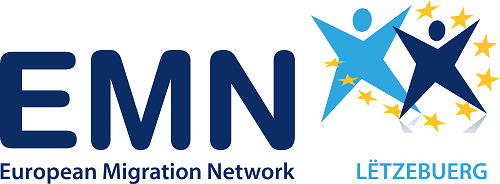This Synthesis Report presents the main findings of the second EMN Focussed Study “Establishing Identity for International Protection: Challenges and Practices”. The aim of the study is to provide an overview of important challenges facing national authorities in their efforts to establish, in the absence of credible documentation, the identity of applicants for international protection (i.e. asylum and subsidiary protection) and for the return of rejected applicants. It also aims to draw together an overview of national practices in handling these challenges, while allowing for the identification of possible steps towards further (joint) actions. The experience in many (Member) States is that a significant number of third-country nationals do not provide documents substantiating their identity when they apply for international protection, but rather declare their identity. In the period from 2007 to 2011, for example, for those (Member) States that provided statistics (i.e. Estonia, Finland (2011 only), France, Latvia, Lithuania, Portugal, Spain, Sweden and Norway), in relation to the total number of applicants for international protection, the average percentage of applicants for whom identity was not documented at the time of application ranged from 25% in Latvia to over 94% in Norway and Sweden. In Lithuania, this percentage was 42%, in Spain 49%, in France 66% and in Portugal 80%. The National Contributions to this Study recognise that the situation of asylum seekers arriving on their territory without (valid) identity documents is due to a range of factors. Those who flee persecution may not have the possibility to take their identity documents with them when leaving their country of origin or the journey to Europe may result in the loss or damaging of identity documents (e.g. Italy, Portugal, Norway). It also appears that in several cases migrants are advised to destroy their identification documents upon arriving in the EU or withhold these from authorities, in order to, among other reasons, hamper the identification process in the event of a forced return (e.g. Belgium, Luxembourg, Spain).

